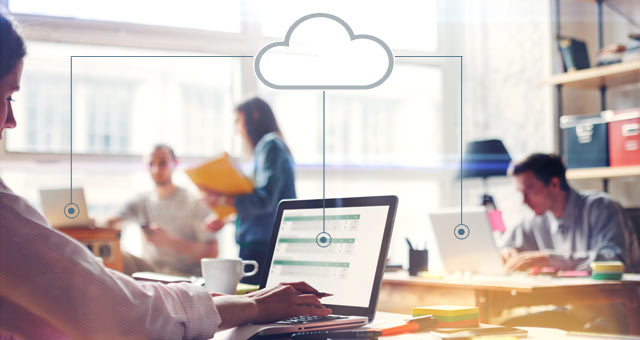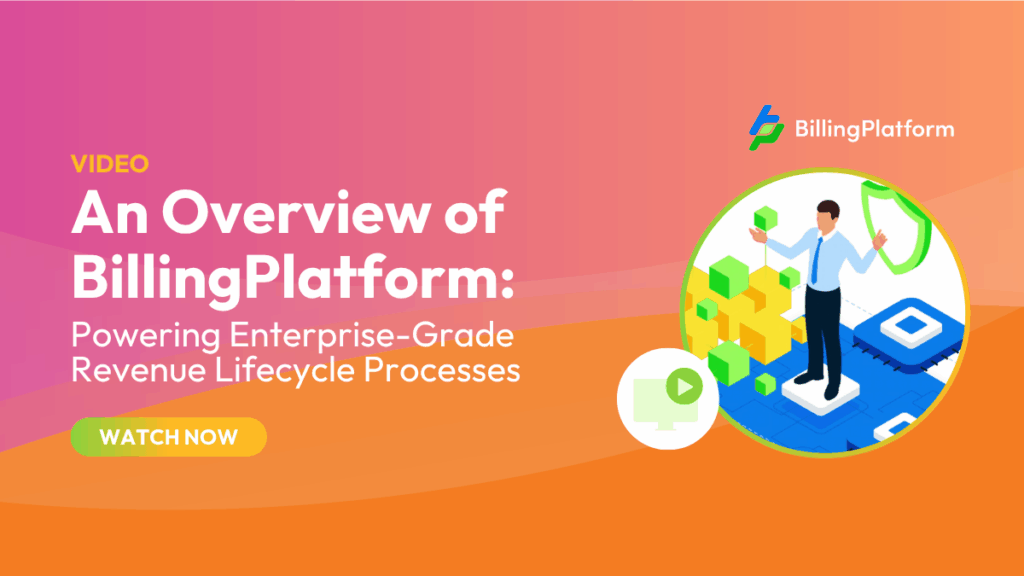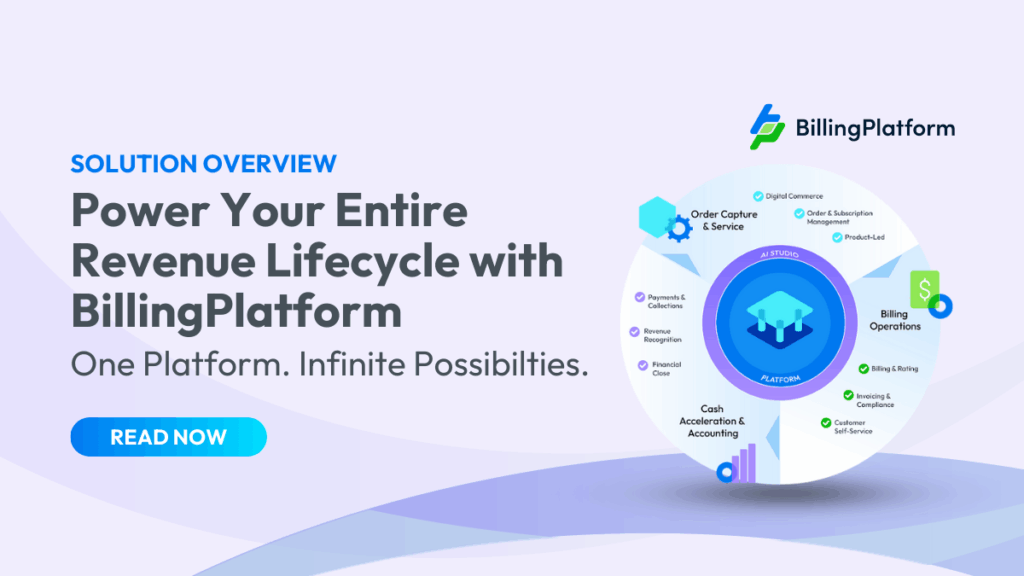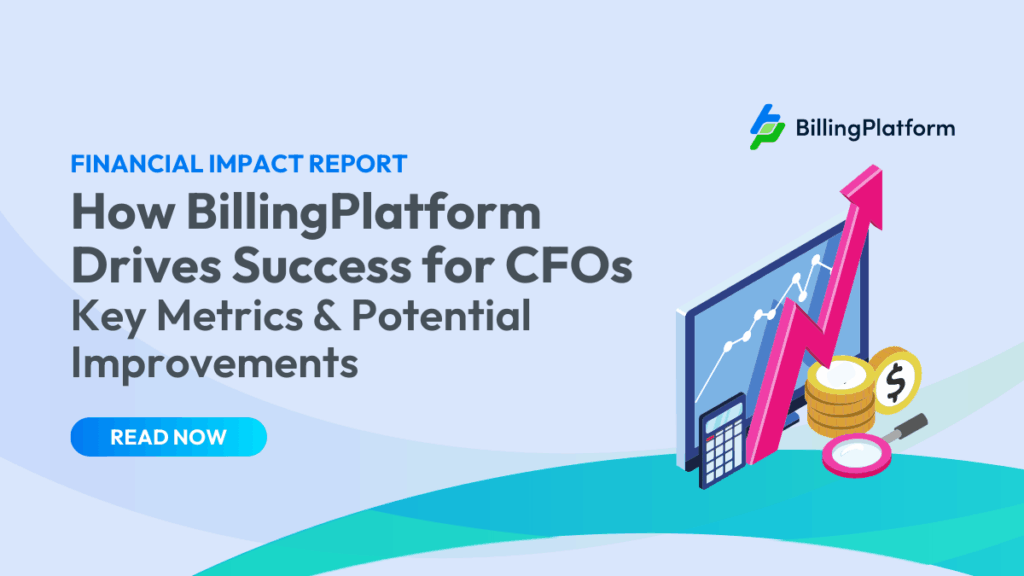 |
Laurie McCabe is Partner with SMB Group. She has built widespread recognition for her capabilities and insights in the small and medium business (SMB) market in several areas, including cloud computing, mobile solutions, business solutions, social networking and collaboration, and managed services. |
BillingPlatform: Most every sector is in the midst of disruption from technology. What are the telling signs of this in the finance and accounting world today?
LM: First of all, the accounting and finance world has been more conservative compared to other areas of business in terms of moving to cloud and a mobile first approach. There are so many new technologies that can save us time and take the drudgery out of some jobs. I was just at a conference and a lot of the accountants I spoke with have steered toward online accounting systems. It’s powerful because cloud accounting vendors are starting to collect aggregate data from their user base, and apply artificial intelligence and machine learning to make everything smarter.
For example, consider a virtual assistant that lets users query their phones in a Siri-like fashion to get answers to questions such as, “How much money did I make this month?, ”Where did I spend the money?” or “What clients owe me money?” Smart cloud-based accounting systems can suggest the best possible category match for every bank transaction you download or identify and sort tax potential deductions into Schedule C categories.
Every year in our surveys, cloud-based finance is penetrating more, albeit at a slower rate. Security is still an issue in the cloud for accountants, although I would argue that it’s more of a perception issue. Vendors are trying to safeguard the data of thousands or even millions of customers so they have to make sure their security protections are exponentially greater than SMB or even enterprise companies.
BillingPlatform: What are the real benefits for accountants to move to the cloud?
LM: It’s much quicker to get up and running with the solution, and it takes the burden off the business to buy hardware and software to support it. You don’t have to put out the capital to buy perpetual licenses. The ease of collaboration is another benefit. For instance, you can have workflows set up for invoicing so it’s much easier to manage that and have all the necessary people involved. The mobile solution is just as good as the desktop experience. As well, even though it’s a cliché, all the data is in one place. Everyone who is authorized can go in and pull out data they need to make decisions. What’s emerging is this whole benefit of aggregated data. Companies can make use of the data which when combined with algorithms and machine learning can make the app smarter and accomplish rote tasks faster. If you are using the mobile app, it can start recording the expense as you drive or it will learn how to categorize expenses and even make recommendations. Cloud vendors can deliver benchmarking information, such as how your profitability stacks up compared with other accounting firms in the region. In the financial world the AI and machine learning capabilities in the cloud will push people to consider what they can do differently, or else they will fall behind.
BillingPlatform: Cloud computing and SaaS have been disruptive forces in finance and accounting software in recent years. What’s next?
LM: Technology is advancing so fast right now. We are still just at the beginning. These applications are going to get smarter and learn more about you, your business and your needs. The other big area that will come into play is IoT. Most of these solutions will be out of the box. Your alarms and lights and heat can be automatically regulated so that saves energy and money. If you’re a farmer, the Internet of Cows means that a sensor tells you what’s going on with the cow’s health. Yet I think that the future is less about which technology to use. Look at your business, think about where is the big opportunity for us and how can we apply these technologies to capitalize on it in a whole new way. Maybe I want to create a new sales channel or enter a new market or save money on a process.
BillingPlatform: How will technology disruption affect SMBs when it comes to staffing in finance and accounting? Are there new skill sets or roles that will be in demand?
LM: The most successful accountants and CFOs will be able to look at the financials and first make sure that the business is compliant but also identify areas where the business can improve. These roles have to become holistic business advisors. Finance people also should work more closely with their vendors. They have a lot of resources in place to help accountants become more of a business partner and I think that is the way it will go. The rote functions will continue to become more automated.



